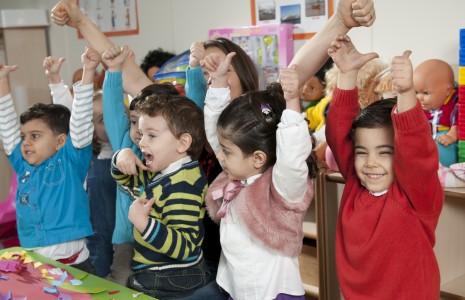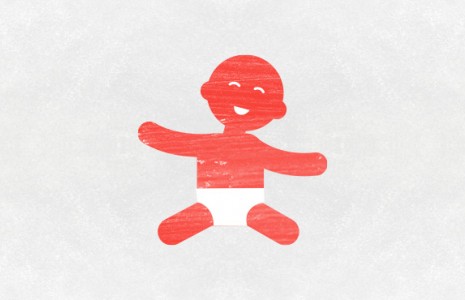When we speak about kindergarten readiness, we often prioritize the critical cognitive skills, like simple memorization or early steps of math.
One of my first memories is of my mother putting on the soundtrack to Cats the musical. My siblings and I would crawl and climb around the house, pretending to be cats. It was a simple, silly activity, but it got us moving and using our imaginations. It also tired us out just in time for a nap. Physical health is vital to optimal early childhood development.
As adults, we do many things instinctively, like having a conversation or working our way through a problem. Even activities as complex as flawlessly playing an instrument or learning a foreign language come very naturally to some.
The Urban Child Institute recently launched its Baby Small campaign, offering a big idea: we can improve the future of our community through small, smart decisions and actions that promote optimal early childhood brain development. Baby Small reminds us that the first years of life are a period of both extraordinary development and extraordinary opportunity. Babies' brains develop in response to their environments.
What does it mean to be Kindergarten-Ready? This is a difficult question to answer because school presents a child with so many different challenges. Even a child coming from preschool will find kindergarten brings new social, emotional and intellectual puzzles.
Today, your toddler feels left behind as their older brothers and sisters set out for school. But soon enough, they will be new kindergarteners! There is much that we as parents and caretakers can do right now to help them get ready. Early childhood social, emotional, and cognitive brain development is already establishing the foundation for their kindergarten readiness, and pathway to success in school and life.





